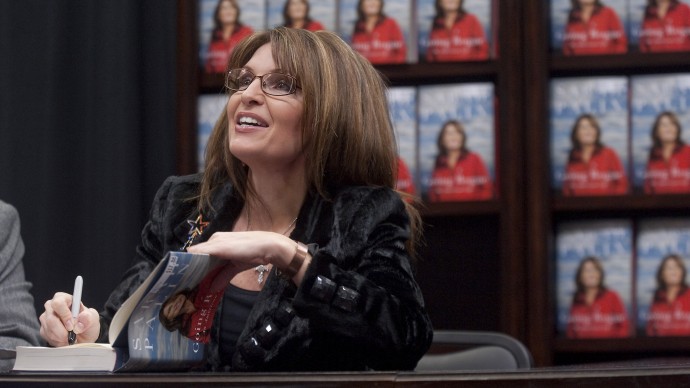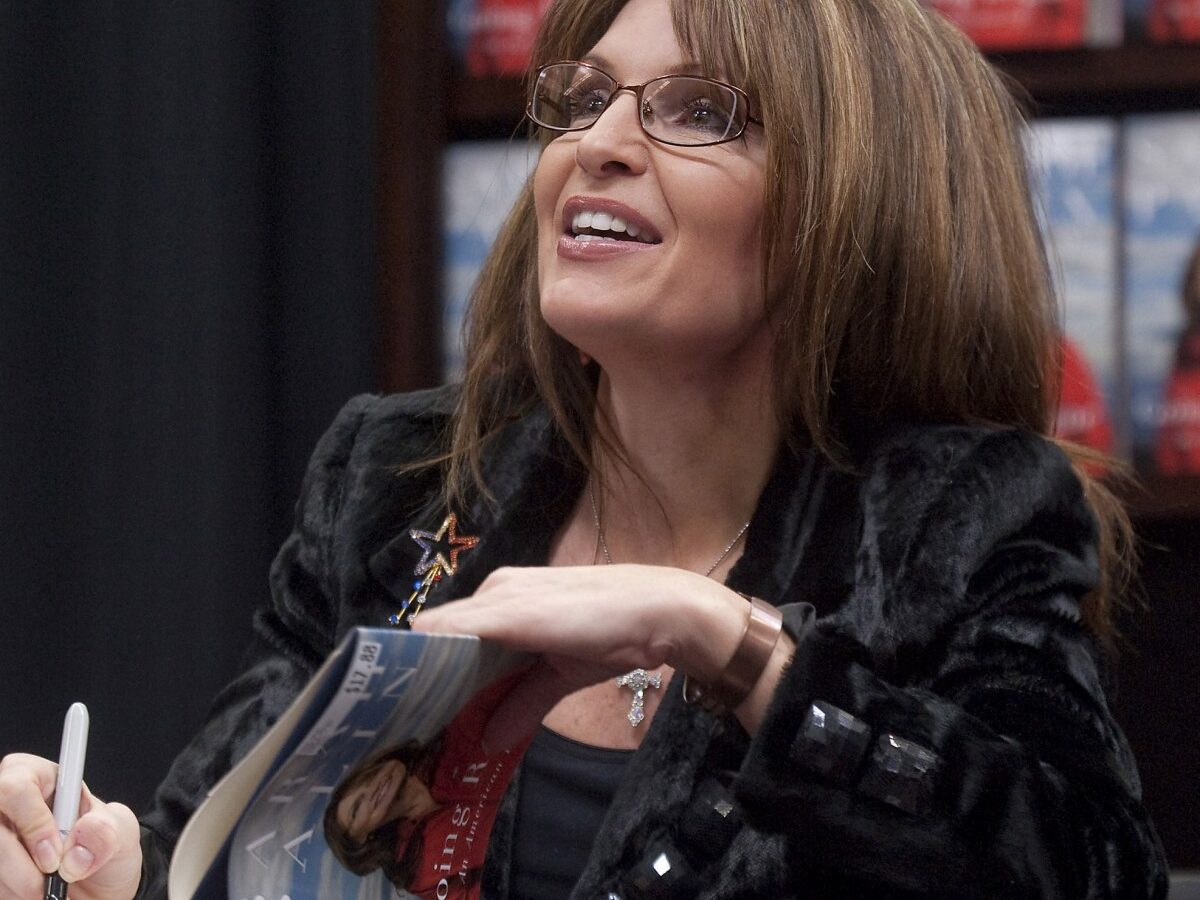
(Mint Press) – Democrats vs. Republicans; the left vs. the right; red vs. blue.
It’s a polarizing political landscape in America, but what doesn’t seem to be as polarizing is the literature being purchased across the country, as all but five states predominantly purchase books written by conservative authors with traditionally conservative ideologies. Current figures from Amazon’s “Election Heat Map 2012” show that 56 percent of political books sold in the last 30 days were “Red” books – suggesting a Republican-leaning title. 44 percent were “Blue” books – emphasizing a book appealing more to Democrats.
The lists of popular books from each side of the aisle are a combination of new and older titles. Two of the top “Blue” titles, according to Amazon, are Howard Zinn’s “A People’s History of the United States,” first published in 1980, and Cornel West’s “The New Jim Crow,” published earlier this year.
Popular “Red” books include “The Amateur” by Edward Klein – a critical look at the presidency of Barack Obama – and the historic “Atlas Shrugged” by Ayn Rand, originally published in 1957.
What may come less of a surprise is the influx of conservatively ideological books that have been penned since Obama was inaugurated into the White House. As president and publisher of the conservative Regnery Publishing, Marjory Ross said her company saw a decline in fundamentally conservative books when George W. Bush was in office from 2000-2008. Back in 2009, Ross told Fox News that since a Democrat had been elected as president, the common phenomenon was that conservative book sales would increase because political books are oftentimes critical of the party in power.
Time also has much to with the success of political books. After recently being tapped as the vice presidential running mate of Mitt Romney, “Young Guns” – a book written by Paul Ryan and Eric Cantor – has garnered 94 percent of the book sales compared to current vice president Joe Biden’s title, “Promises to Keep: On Life and Politics.”
“We, frankly, expected to see a rebound in conservative books after Barack Obama’s election,” Ross said. “There is a phenomenon when one party is out of power that people are searching for leaders … from their side. And if they don’t see those people in Washington, they often look for media and celebrities outside of Washington to support their cause.”
A decade in the digital age
That celebrity and pundit factor is evident today, as conservative figures such as Bill O’Reilly and Rush Limbaugh have ubiquitously taken over media platforms such as radio, television and books. But the Internet is where the biggest evolution of content has taken place: Podcasts, blogs and social media accounts are still relatively new to the political landscape, as Obama largely won the youth vote during the 2008 election with his social media campaign.
Conservative blogs such as Hot Air, Newsbusters and Atlas Shrugs are popular sources on the Internet, and when combined with the popularity of right-leaning literature and pundits, DePaul University journalism professor Bruce Evensen says it is also a nod to what many conservatives feel to be a continued liberal bias within the mainstream media. He speculates that independent books and blogs are a way to counter that perceived bias that they may feel.
“In the old analog era, New York’s elite media could get away with ignoring much of the rest of the country, perhaps even having a certain disdain for parochial Americans who didn’t see things their way,” Evensen said. “Now, in the digital age, these ‘savages’ are having their revenge. Conservatives dominate much of the blogosphere in news and information, because for so many years liberals have dominated [old media].”
But one prominent American journalist argues that as the country becomes more politically polarized and abrasive, those claims of media bias will only grow as an empty attack. In an interview in May, former CBS Evening News anchor Dan Rather said mainstream news media are in danger of becoming activists because of stations such as MSNBC and Fox News that continue their outward appeal to political demographics.
“Most journalists I grew up with, most journalists I worked with and practiced with were trying to be honest brokers of information,” Rather said. “[…] Journalists, the best of them, do see a Dickensian side of society that most people don’t see. So when they try to call attention to that, people who don’t like it say, ‘Oh, you’re a liberal.’”
A false polarity?
It makes sense for conservatives to hold an advantage in book sales seeing as they are the largest political ideological group in the United States. In a Gallup poll taken in January, 40 percent of Americans described their political views as conservative, with 21 percent calling themselves liberal. Moderates, of whom Obama often wins the majority, run at 35 percent.
There tend to be two schools of thought from those who have held positions in public policy as it comes to political polarization in the U.S.: One argues that it is the byproduct of an uneducated voter who bases much of their political beliefs off of what they hear from pundits who do something more than sabre-rattling. Another believes that there is not enough polarization within politics because both parties benefit from the same corporations. Because polarization is mostly an immeasurable facet and mostly deemed as an attitude, it is nearly impossible to measure whether today’s political culture is a further deviation that is was in the past.
The first argument comes from John McManus, president of The John Birch Society, a conservative-leaning policy organization. McManus says that the failure of Americans to understand history and fundamental civics leaves them vulnerable to thinking that extremist ideologies from both sides of the political spectrum are not only normal, but constitutional. He argues that many voters see the politician they voted for as someone who can do no wrong.
“A lot of it has to do with education. If people don’t understand American history, and they don’t know how our system of government is supposed to work, they’ll accept all kinds of things because somebody says it’s so. Just because someone’s been anointed they think, ‘OK, he’s a good American. He wouldn’t do anything to harm the country,’ so we end up in the situation we’re in,” McManus said. “The Intercollegiate Studies Institute recently conducted a survey of college students’ knowledge of history and the American system. The results were abysmal. And these were prestigious schools. In some cases the study showed that incoming freshmen scored higher than graduating seniors.”
But former Minnesota Gov. Jesse Ventura says our perceived split in politics is only a superficial act performed by the politicians themselves. He speculates that, based on his time in politics, the only genuine discussions between politicians occur when the cameras are not on them because the competitive banter between parties encourages voters to take sides.
“Both of these parties are like pro-wrestling. On the camera, they tell you they hate each other and they’re gonna destroy each other,” Ventura said. “Behind the scenes, they’re working together, they’re cozying with each other, they go to dinner, and they cut deals. But they want the people to believe, ‘Aww … they hate each other. Gotta vote one way or the other.'”


